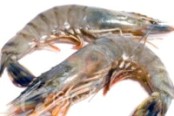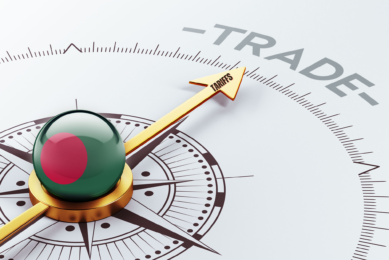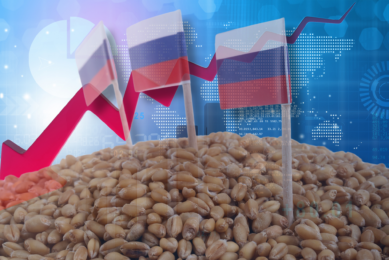Asian shrimp farmers to collaborate on management issues

Leading Asian seafood processors and exporters met in Bangkok to discuss possible co-operation in managing production more effectively to counter the current global downturn.
Proposed by the Thai Frozen Food Processing Association, the initiative also aims at forming a collaborative body for sharing trade and market information, as well as the latest processing technologies, a trade source said. The move followed the initiative at the Shrimp Industry Development Forum in Guangdong last month, when the shrimp trade associations of China, Indonesia, Thailand and Vietnam agreed to co-operate and form what could become the world’s shrimp industry alliance if more major producing countries such as Brazil and India agree to join.
The four shrimp bodies represented at the meeting were: the China Aquatic Products Processing and Marketing Association, Indonesian Shrimp Board of Commodity, Thai Shrimp Association, the Vietnam Association of Seafood Exporters & Producers. "Although these countries control more than 50% of farmed shrimp production, we have never formed a body to strengthen the co-operation," said Somsak Paneetatyasai, president of the Thai Shrimp Association. He said the forum was aimed at exchanging information on production and trade in each country and on managing supply to prevent a price slump, especially during a global recession.
Sustainable production
Representatives of the four countries, which control more than 65% of world shrimp production, also are aiming for sustainable development, with healthier produce and a cleaner environment. "Although we are competitors, we have agreed to push for greater co-operation," Mr Somsak said. The talks last month ended with crucial agreements including sharing the latest technologies in shrimp farming and processing, and measures to reduce or eliminate trade tariffs and technical barriers. They will also promote a fair trade environment by sharing a blacklist of international companies that engage in dubious or illegal business practices in order to avoid unnecessary losses.
Certification
The producers also agreed to manage their supply and increase domestic consumption by improving the production processes to offer more product varieties. As well, they will emphasise conserving the environment by establishing traceability systems and encouraging local companies to seek international certification. The forum also considered establishing a global shrimp industry alliance and inviting other major producing countries such as Brazil, Ecuador, India and Bangladesh.











